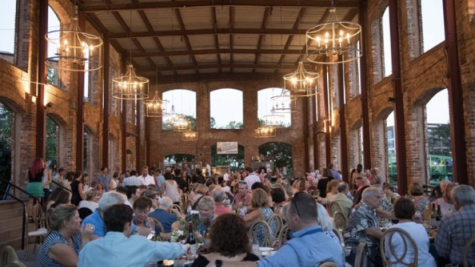Retirement Relocation - Rent a Home First or Buy?

As Baby Boomers consider moving away from the high cost of living cities in the Northeast, many are faced with the challenge of comparing new cities in the Southeast and may consider active senior living communities. Once Boomer's narrow their focus on where to retire, the confusion quickly becomes which neighborhood should they move into. For example, in Nashville Tennessee, there are suburbs all around the city in addition to the option of urban downtown living. The suburbs are all quite different. There are Nashville neighborhoods geared towards young families, lifestyle interests such as golf or neighborhoods with more elbow room and acreage.
Typically buyers make 2 - 3 visits to a city before they decide where to purchase. Unless you have family or friends in the area, how will you know which neighborhood is right for you in the long run? We see buyers today toying around with the decision of renting first, giving them time to learn more about the area before they buy. To us, this is smart and here’s why:
Although it may be a hassle and cost you more to move again a year later, this may be the last home buying decision you will make as a retiring Baby Boomer. Choosing the right active senior living community or master planned community is an important decision at retirement. Renting a home allows you more time to explore all the suburbs in a chosen city, to discover where problems exist, those you would want to avoid such as traffic, crime and noise issues. Renting allows you to discover where social clubs are found such as garden clubs along with lifelong learning courses, community parks and things like that. During your search for where to retire, you will also have the chance to visit open houses, meet builders and see more master planned communities in the area you may not know about. While renting first makes emotional sense, financially it makes sense to buy because of the historical low home prices.
So what should we do? We suggest keeping things in perspective. We agree, it is a buyer’s market. However, it is also a renter’s market. Most rental homes in the market today were recently purchased by investors through a short sale or foreclosure and many paid cash. This allows the investor to rent the home for substantially less rent than the investor could have if they bought the home at the height of the market in 2006. The investor’s monthly costs are lower now which is how they can afford to do this.
If you rent a home first, will you watch the real estate market prices rise too far ahead in one year? Unlikely. Don’t get caught into the hype from real estate sales people. Based on history, when the normal real estate market returns, home prices should increase about 3-5% per year. If predictions are right, 2013 will be labeled as a normal market, so we can sell our homes and move on with our lives.
If you'd like some help with your search, filled out our Community Matchmaker Questionnaire and we'll promptly send you back a list of communities that match your criteria.









